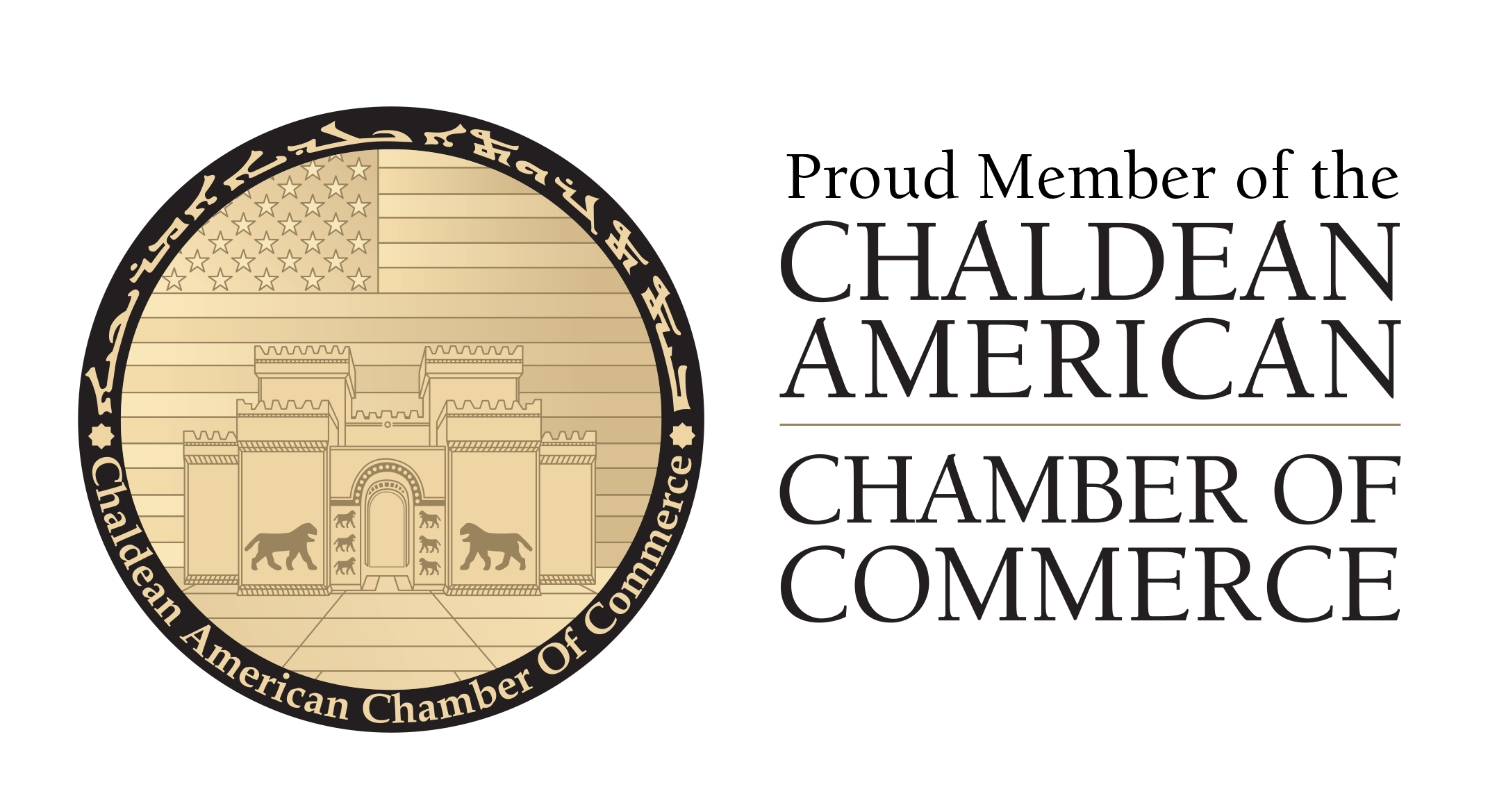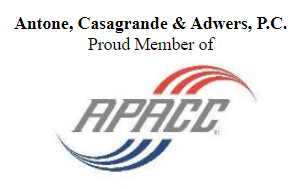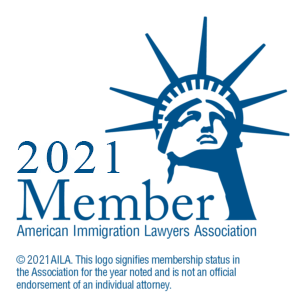Student Visa
Foreign nationals who wish to study in the U. S. may be granted F or M visa classification, allowing them to remain in the U.S. until the completion of their studies, with certain restrictions. Students whose attendance ranges from elementary school through postdoctoral studies are classified in the F visa category; students in vocational or nonacademic programs are classified in the M visa category and are subject to greater restrictions. A foreign national cannot be granted F status to attend a public elementary school or a publicly funded adult education program. A foreign national cannot be granted F status to attend a public secondary school unless they reimburse the school for the cost of the education and they remain at the school no more than 1 year. In order to obtain either an F or M nonimmigrant visa classification, the foreign national must apply for and be accepted by a “Student and Exchange Visitor Program” (SEVIS) approved school, maintained by the U. S. Immigration and Customs Enforcement (ICE). Our Michigan student visa lawyers could help an immigrant with this application process.
Requirements for Obtaining an F Visa
After being accepted at a SEVIS approved school and obtaining a certificate of eligibility (Form I-20) from the school, the foreign national must, in most cases, apply for an F visa at the U.S. Consulate/Embassy located in their home country. They must be able to establish, to the satisfaction of the consular officer, that they are proficient in the English language, have funds available to cover their expenses while in the United States, and that they have ties to their home country (to convince the consular officer that they will return to their home country upon the completion of their studies). Foreign students are not allowed to have dual intent. This means that they cannot apply to study in the United States while at the same time maintaining the intent to live permanently in the United States. Rather, they must document their ties to their home country and willingness to return. A lawyer in Michigan could help a student apply for their F visa by ensuring they meet all requirements.
Financing the Education
In order to obtain an F visa, the foreign national must demonstrate that they have sufficient funds available to them to support themselves completely during the entire proposed course of study. The foreign student must have funds currently available at their disposal for at least the coming academic year. The student must also demonstrate that barring any unforeseen change in circumstances, adequate funds would be available in the same amount throughout the student’s academic program. Failure to meet this requirement, may result in denial of the F visa. This requirement is critical since, with certain exceptions, foreign students are generally not allowed to work during their academic program.
Generally, foreign students may show that they have the ability to pay for their educational expenses through various means, to include, but not limited to: personal funds (bank statements, securities, real or personal property), funds from his or her family (completion of the I-134, Affidavit of Support is helpful), financial aid from the student’s home government, financial aid by the school itself, and possibly financial aid from private organizations. Financial assistance from persons other than immediate family members or one of the above listed entities may raise questions by the consular officers regarding the extent of the actual obligation by the sponsoring persons for extending support. Thus, support from non-family members is likely to be questioned. In this situation, the student should be ready to answer questions regarding the reasons for sponsorship.
Maintaining Student Status
Once a foreign national student is admitted to the United States, it is important that they maintain their student status. To do so, they must pursue the required courses of study under which they were granted the student visa. This also requires compliance with other elements of immigration law, including the prohibition of employment without authorization. Foreign national students may work while attending school provided they meet certain requirements and restrictions: they may work on campus; they may work as part of their curricular practical training (CPT) with authorization by the designated school official; and they may work by participating in optional practical training (OPT) which must be directly related to their major area of study. OPT requires permission from the school and employment authorization from U. S. Citizenship and Immigration Services (USCIS). Certain F-1 students who receive science, technology, engineering, and mathematics (STEM) degrees, and who meet other specified requirements, may apply for a 24-month extension of their post-completion OPT.
Students are granted a term of stay in the U.S. for the “duration of their status.” Duration of status means that a student remains in valid status during enrollment in any number of academic programs, plus any periods of authorized practical training, and the 60-day grace period. This 60-day grace period allows the student, following the completion of their studies or practical training, to travel within the U.S., transfer to other schools (provided prior permission is obtained), or to make travel arrangements to return to their home country, as necessary. Our immigration attorneys at our AV rated law firm could help a student with any immigration needs related to their visa.









